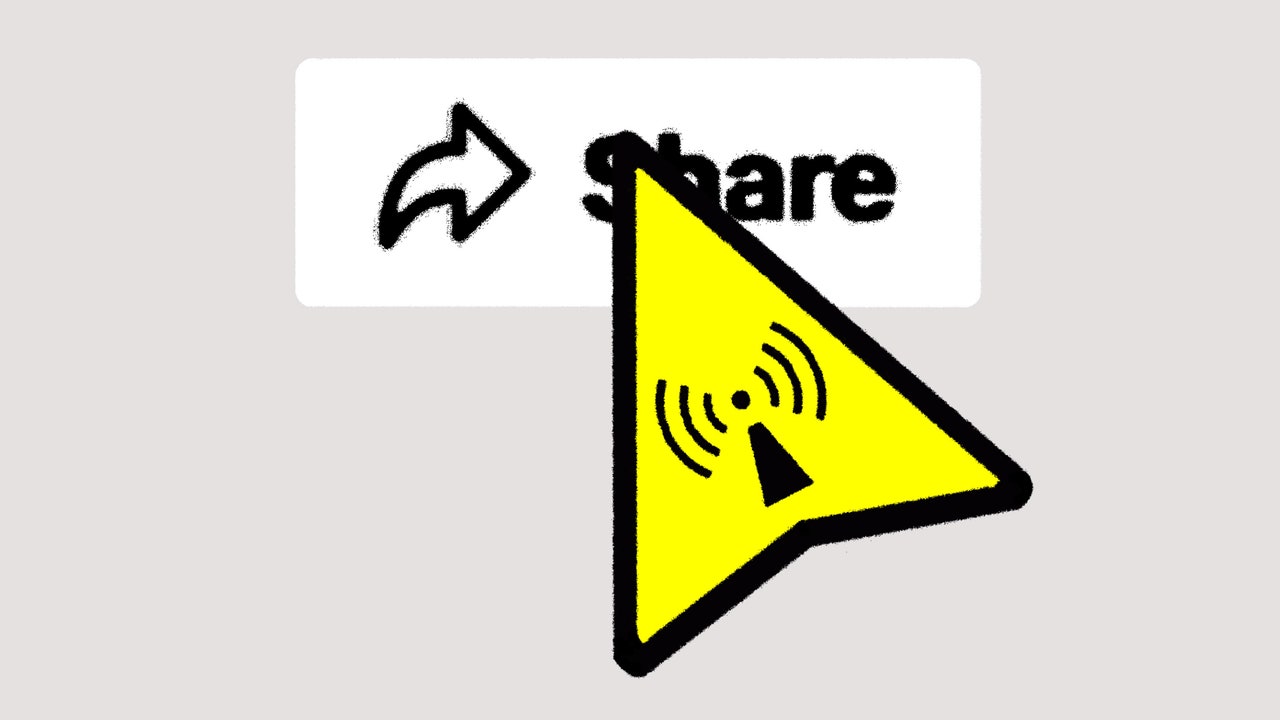5G health risks are the internet’s new favourite conspiracy theory

Seven years after the arrival of 4G, EE has finally switched on the UK’s first 5G networks in six UK cities – and more are coming. The upgrade promises much faster data connections but conspiratorially-minded online activists are convinced that the new technology will bring with it something much more sinister than an end to video buffering.
On social media, forums and online blogs, anti-5G activists are attributing a bewildering range of maladies to 5G, including cancer, infertility, autism and Alzheimer’s. In November 2018, a viral Facebook post blamed a 5G test mast for the mysterious death of 300 birds in the Netherlands (the test actually took place months earlier), while people in anti-5G groups share tips on how to smash down telephone masts. But how did an incremental upgrade in mobile networks turn into the internet’s favourite new conspiracy theory?
Perhaps the most prominent lynchpin in the anti-5G movement is John Kuhles – a Dutch UFO researcher who founded the “Stop5G” Facebook group in 2018. The group, which now has more than 20,000 members, was the ground zero of the bird death myth, and other theories, including one suggesting that the Californian wildfires in November 2018 were a punishment by the “ruling elite” because of the state’s failure to roll out “mass 5G”.
Kuhles’ main group has inspired local spinoffs, including “Stop 5G UK”, which has 13,000 members, and countless smaller groups that worry about 5G being rolled out in their own city or town. In Glastonbury residents have already appealed to the local council to halt EE’s plans to rollout 5G at the music festival later this month. On Twitter, anti-5G acolytes share posts around the hashtag #Stop5G while on Instagram accounts share questionable images of people in hazmat suits working on what are supposed to be 5G masts.
Despite this, there is no solid evidence that 5G – or any mobile communications network – can have a harmful effect on human health. The upgrade is based on similar technology to preceding mobile networks, and so far no study has found a link between mobile phones and cancer, although research into the area is ongoing.
But that hasn’t held back the anti-5G movement, which started ramping up in earnest in 2018 when major mobile networks were starting to roll-out their 5G trials in earnest. Since May 2018, RT America, the US arm of the Russian broadcaster has has aired more than a dozen news segments warning of cancer, nosebleeds, and other health risks using sensationalist phrases such as ”5G apocalypse” or “an experiment on humanity”, telling viewers 5G “might kill you”. Whether or not these form part of a disinformation campaign by the Russians against the US in the global race to introduce 5G networks, as suggested in a recent New York Times article, RT America’s claims have fuelled existing consumer concerns and have been picked up by hundreds of smaller news sites and blogs in the last couple of months.
But fears around radiowave radiation of the sort used in the mobile industry are nothing new. “The actual conspiracy theories are kind of rehashed from 4G and everything else before,” says David Grimes, a physicist, cancer researcher and science writer. High-voltage power lines and mobile phones, he says, already caused health concerns in the late 1980s and 90s, when they were linked with brain tumours and other cancers – claims that have been extensively researched, and debunked, by scientists over the last few decades.
Read more: What is 5G and when will it come to the UK? 5G networks explained


